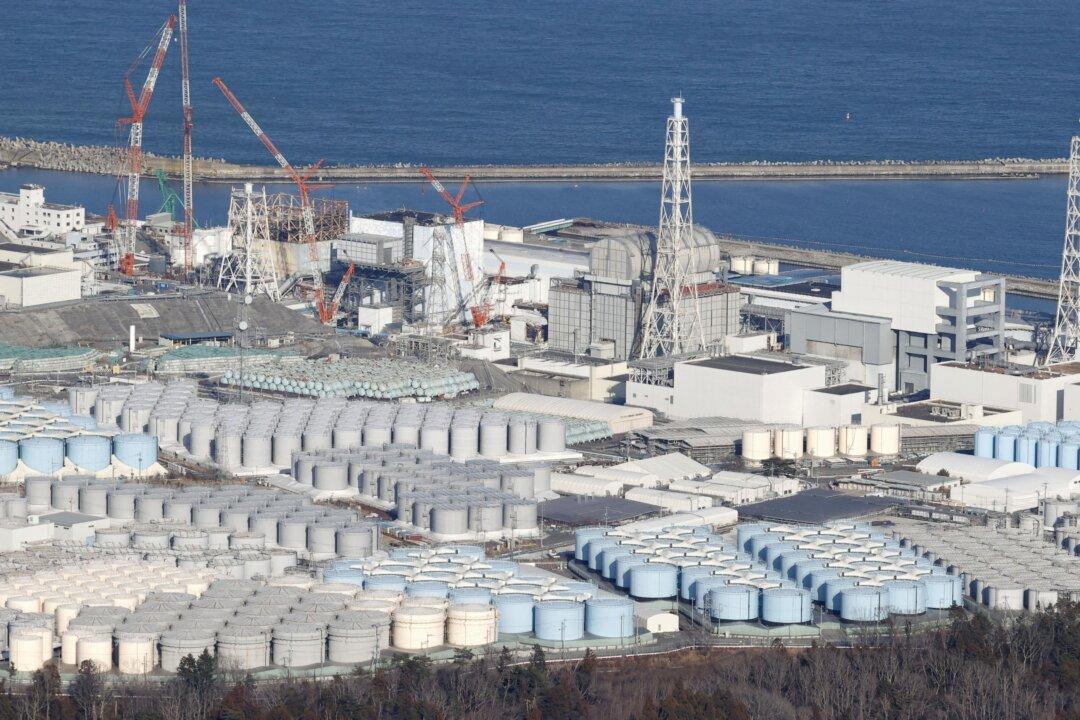China announced on Aug. 24 that it would ban all imports of Japanese seafood as Japan began releasing radioactive water into the Pacific Ocean.
Tokyo signed off on the plan two years ago and was given a green light by the U.N. nuclear watchdog last month. The discharge is a key step in decommissioning the Fukushima Daiichi plant after it was destroyed by a tsunami in 2011.





